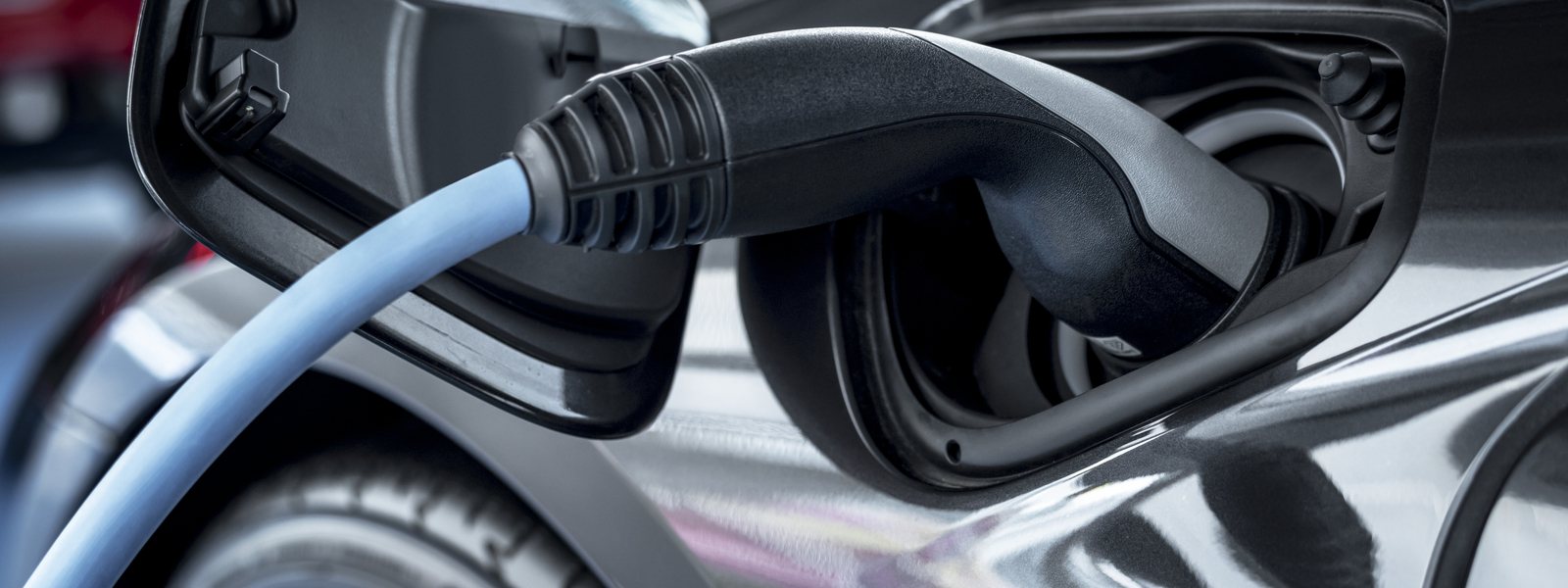
Myths about Electric Cars
As with anything new, there are opposing sides offering ways to talk you out of the idea. Electric Cars are no different. With information gathered from sierraclub.org (an environmental information resource) Here are 5 common myths about electrical cars debunked to help you make a more informed decision:
-
Gas prices will kill sales of electrical / hybrid cars
When it comes to electric cars, conventional wisdom states that sales will inevitably decrease side gas prices. After all, the argument goes, if buyers can't expect to save as much by cutting fuel costs, they'll be less inclined to buy a plug-in, right? Wrong.
Gas prices appear to have no correlation whatsoever to U.S. sales of plug-in hybrid and battery-electric vehicles. While the price of gas fluctuates depending on economic factors, electric cars stay an economical purchase and therefore are not affected by gas prices. -
Plug-in vehicles are unsafe, and their batteries will fail in only a couple of years.
As for safety, automakers have largely received good crash-safety ratings for the electric cars that have been tested by the National Highway Traffic Safety Administration (NHTSA) and the Insurance Institute for Highway Safety (IIHS).
As for battery durability, every manufacturer warranties its battery pack against failure for either eight or 10 years, depending on what state the car is sold in. -
Electric car batteries pose a recycling problem.
Internal combustion engine vehicles use lead-acid batteries, and their recycle rate is about 98% in the US. The newer batteries for electric vehicles, such as those made of lithium-ion, include even more valuable and recyclable metals and will have a life well beyond the vehicle. In fact, a Belgian company plans to use Tesla Motor's electric vehicle battery pack material to produce an alloy it can further refine into cobalt, nickel, and other valuable metals as well as special grades of concrete. Technology will soon allow for EV batteries to store energy produced by solar or wind power. -
My electricity bill will go way up.
While you'll spend more on electricity for the electric car, the savings on gas will more than cover it. If you drive a pure battery electric vehicle 15,000 miles a year at current electricity rates (assuming $.12 per kilowatt hour though rates vary throughout the country), you'll pay about $500 per year for the electricity to charge your battery, but you'll save about $1900 in gas (assuming $3.54 per gallon, a 28 miles per gallon vehicle, and 15,000 miles driven). So $1900 minus $500 equals $1400 in savings - a 74% reduction in fueling costs. Some utilities are offering EV owners lower off-peak/nighttime rates. The more we successfully advocate for these off-peak incentives, the lower your electricity payments will go. -
Electric vehicles are much more expensive than traditional vehicles.
While the initial sticker price of EVs is higher than traditional vehicles, you need to do the math to account for a variety of factors. For individual consumers, there is currently a federal tax credit of up to $7,500 for the purchase of an electric vehicle, as well as a partial federal credit for the charging unit.
Several states have additional tax credits on top of the federal ones. Additionally, the average plug-in vehicle driver will save between $700 and $1600 a year in fuel (the cost of electricity compared to gasoline). Due to a cleaner, more streamlined system under the hood, an EV may save the average driver about 46% in annual maintenance costs, according to one federal government study.
